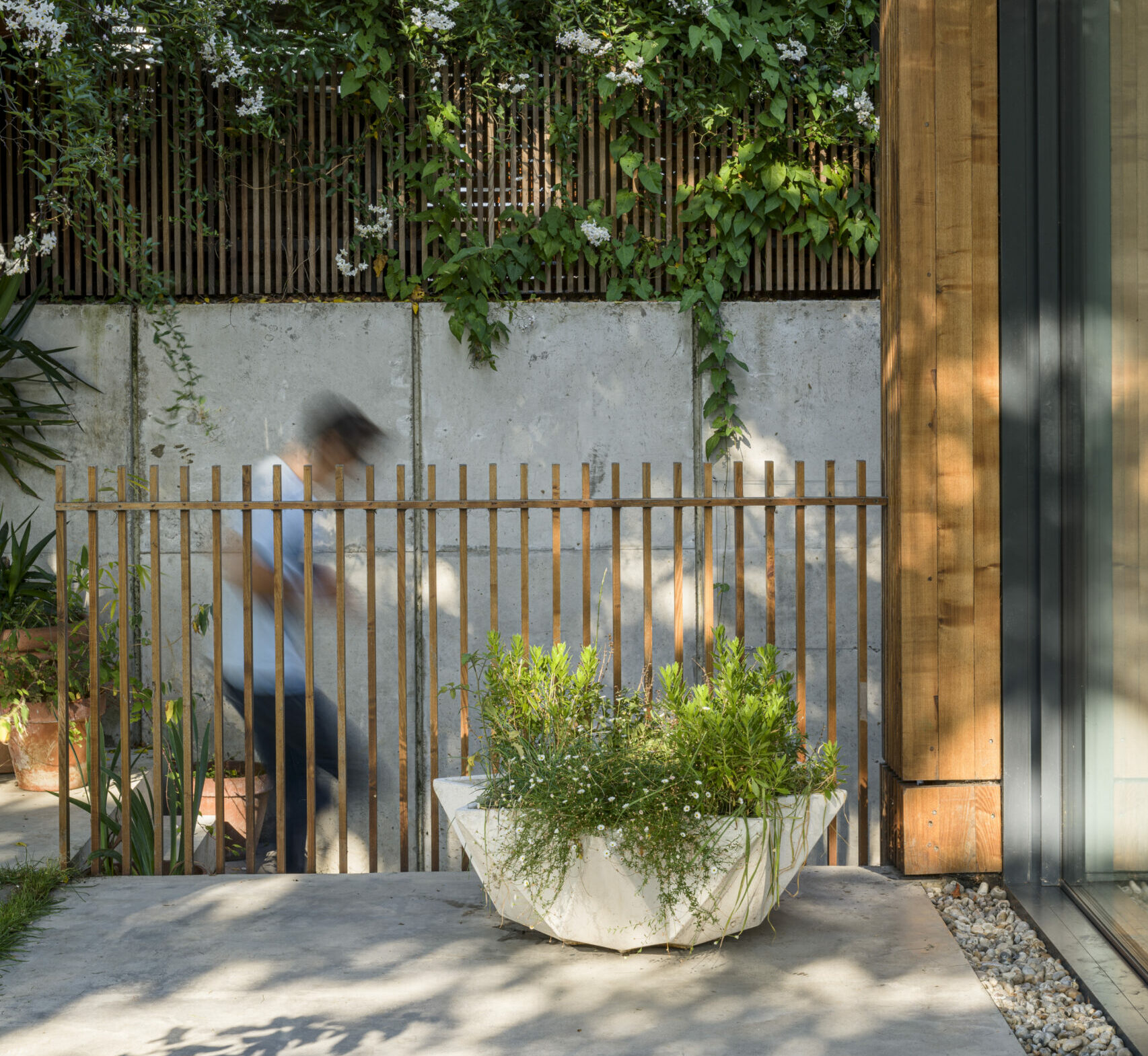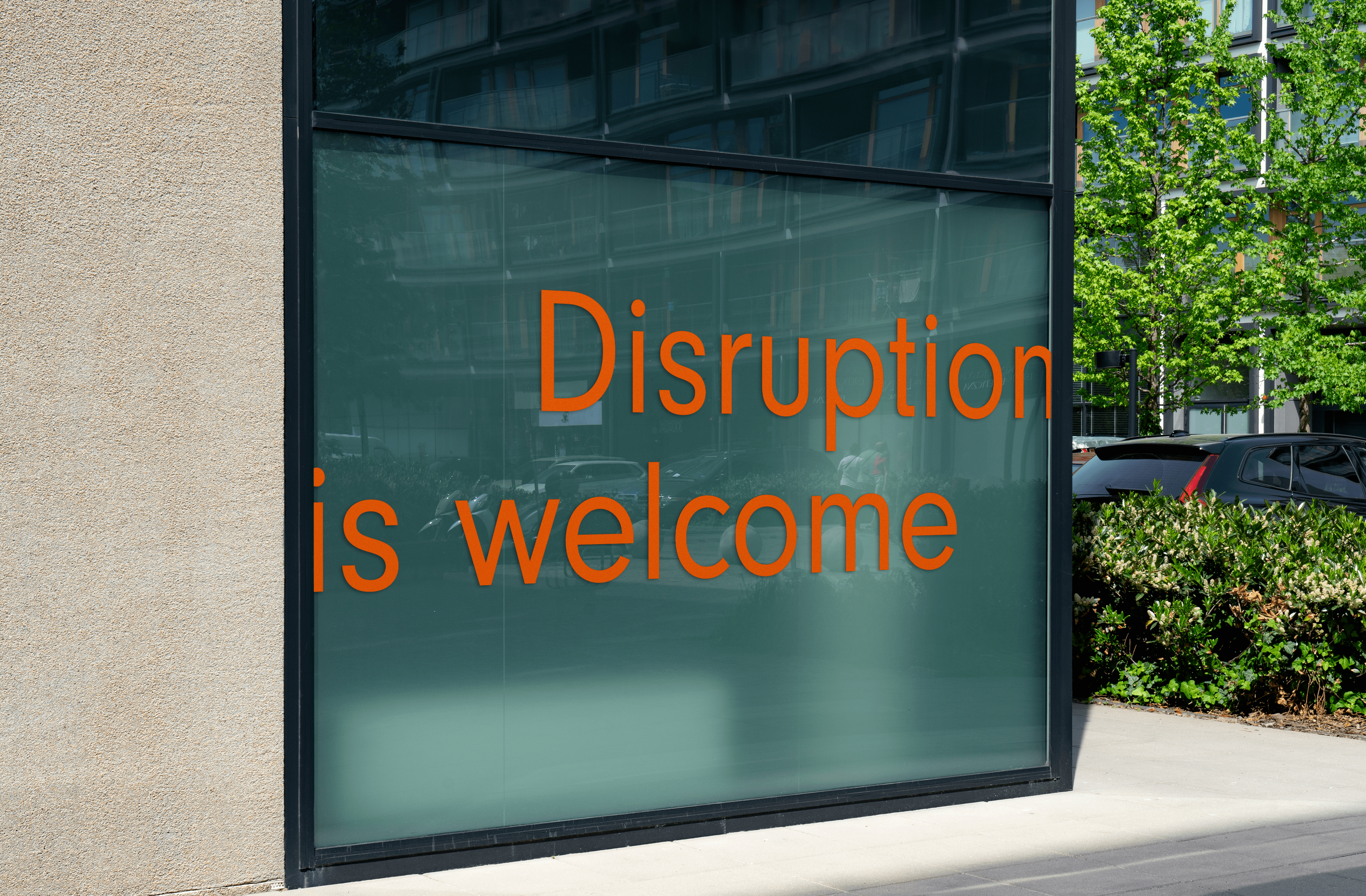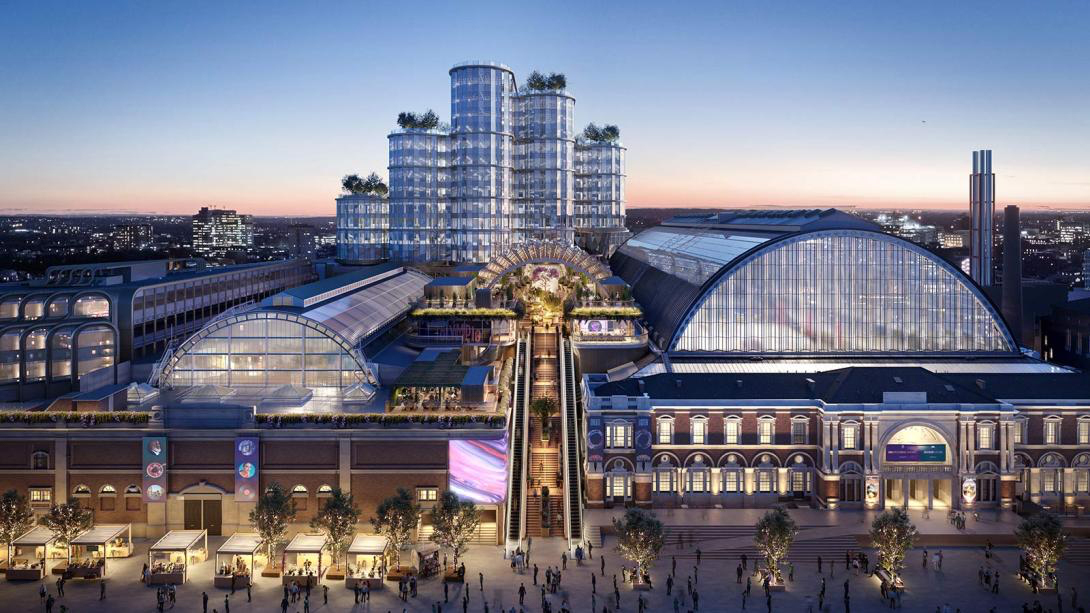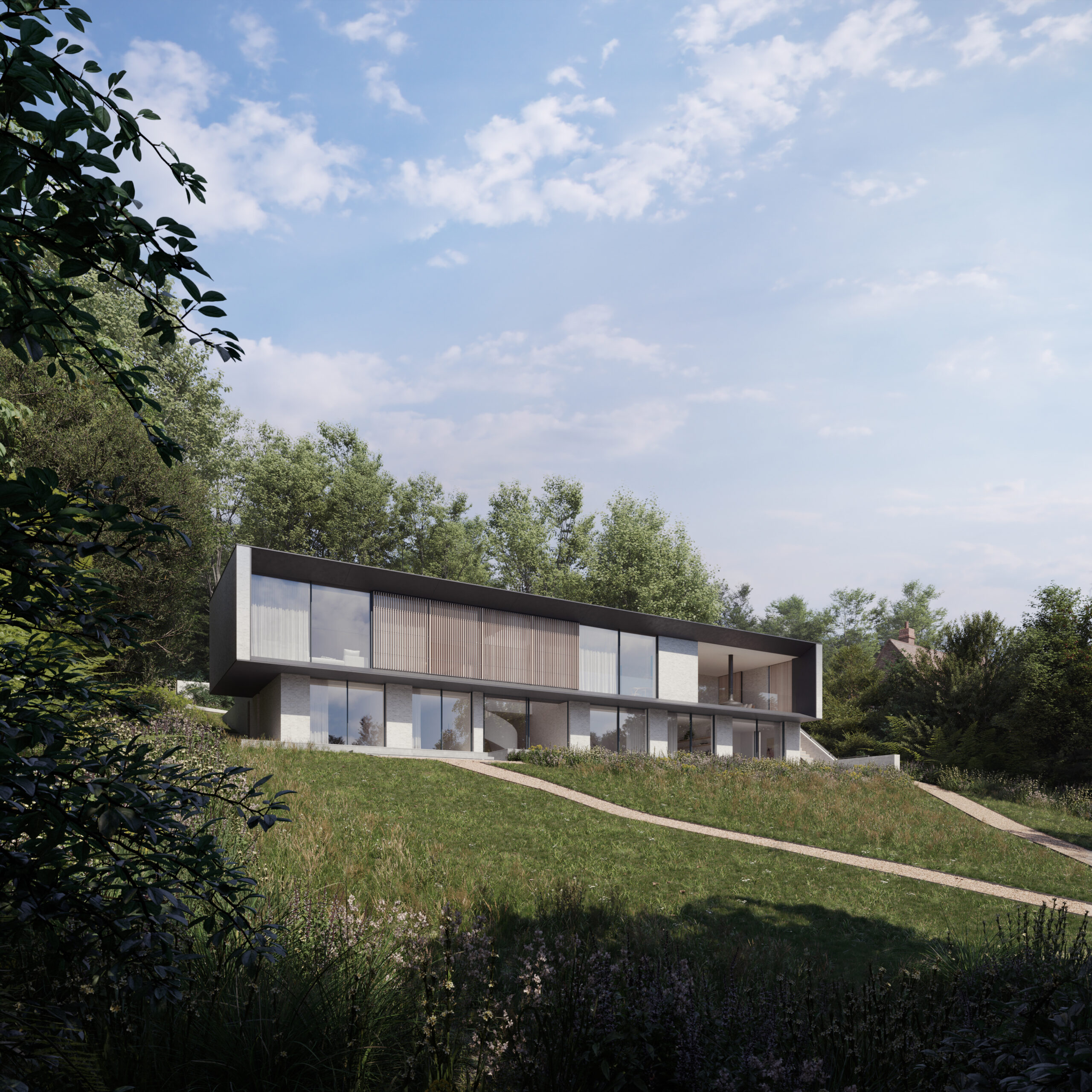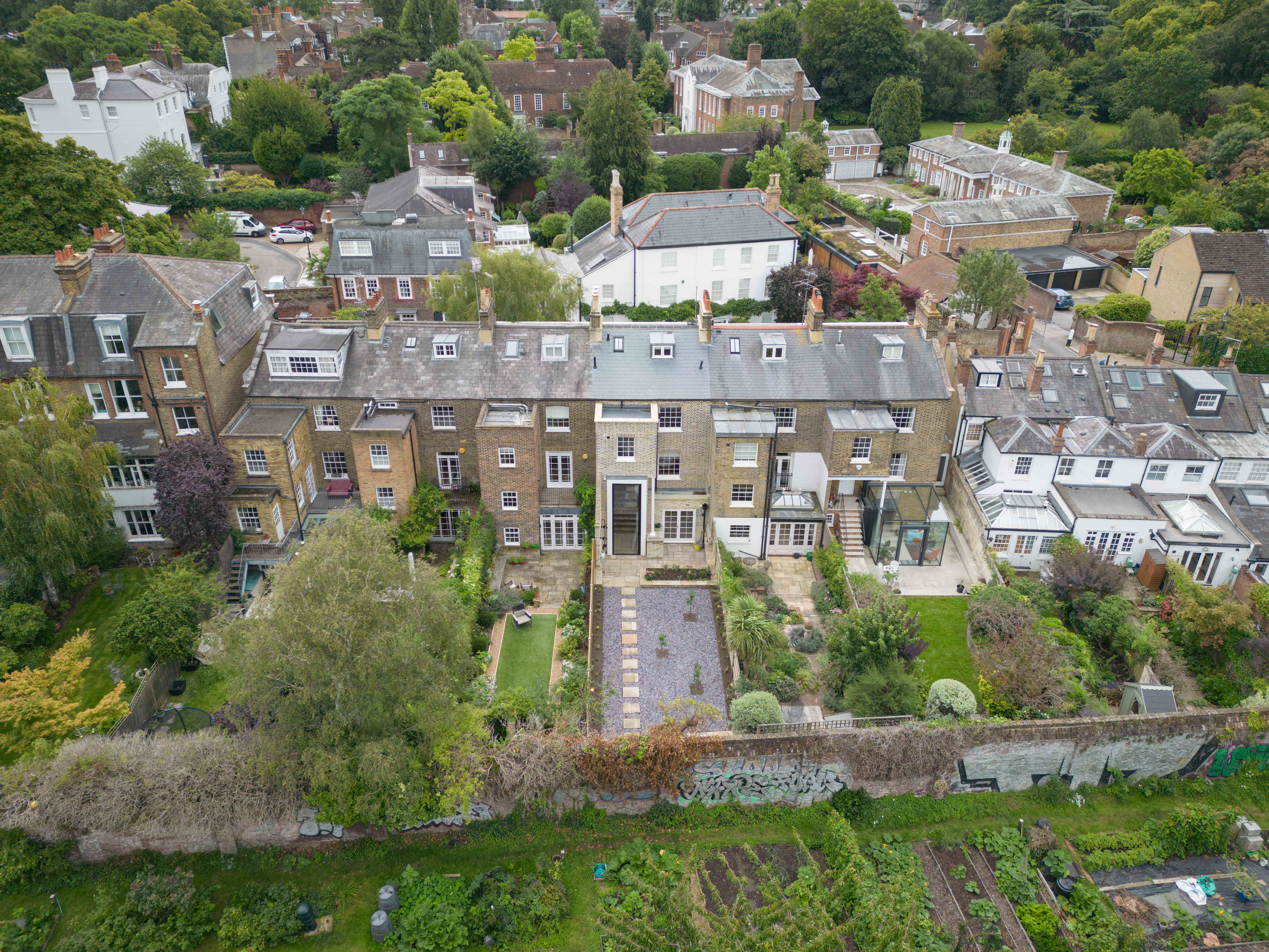Get started
If you’d like to get in touch to discuss your project, please let us know which service you’re interested in and we’ll get back to you.
Emergency on Planet Earth.

Climate change is real. We are living through the first signs of the impact, a planet increasing in temperature, ecosystem disruption, chaotic weather events and rising greenhouse gas emissions. Left unchecked these changes threaten all inhabitants of planet earth.
It is our duty as engineers to work to reduce the environmental impact of our industry on the planet. It is our decision, we can choose to promote responsible use of resources, minimise waste, reduce carbon, embrace circularity and regenerative design if we want to have any chance of limiting global warming, or we can maintain the status quo, stand by with our current approach and make little or no impact at all.
Sustainability is an overused term but its definition is simple – to ensure that this generation meets today’s needs without compromising the ability of future generations to meet theirs. A simple definition but incredibly complicated to achieve.
Our approach focuses on truly understanding the challenges we face, avoiding buzzwords and overused terms. Instead, we develop processes that explore how we, as engineers, can minimise environmental impact throughout our practice and projects. The wider we can spread this message and improve how we work the more impact we can have.
Our Impact//Duty manifesto took over a year to produce – a long time – but it’s because we’re serious about it.
Manifesto booklet




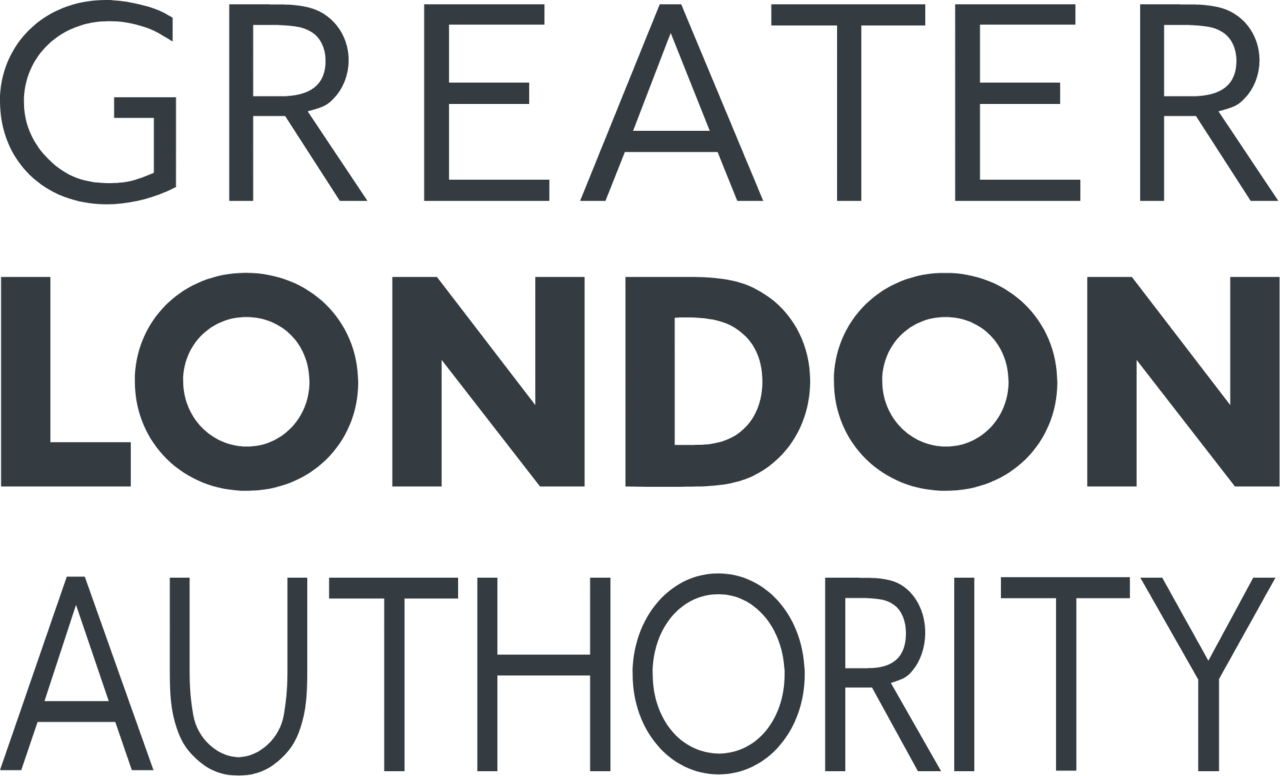
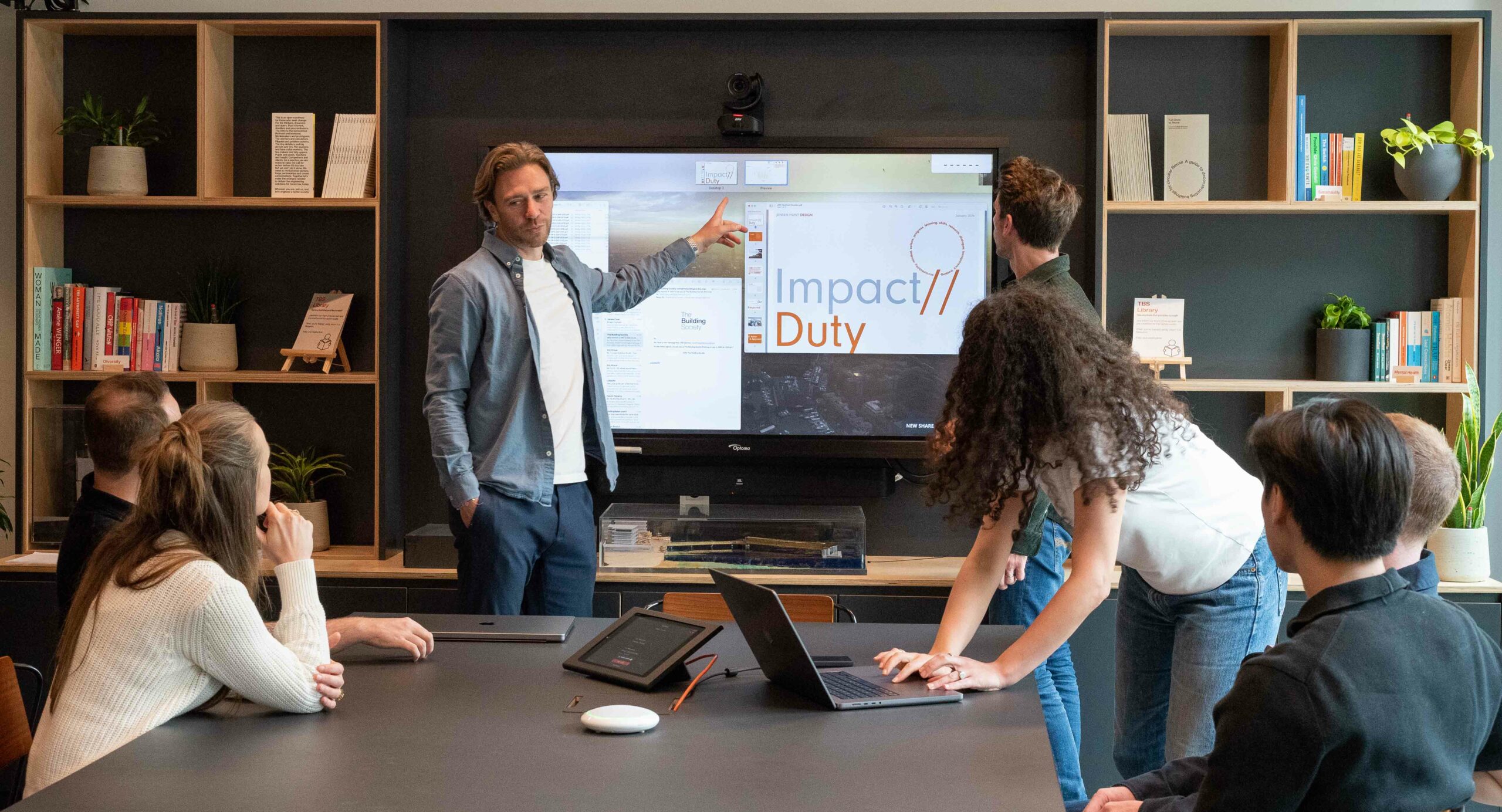
Our Manifesto
We have set out our path for impact reduction with our Manifesto of five pledges: Process, Measure, Build, Materials and Options.
Process
Measure
Build
Materials
Options
Collaboration drives progress – by merging expertise from the construction industry with technology, we’re creating meaningful change.
![]()
Our story begins in Norfolk, UK. James and Ben are friends from the same village. James builds properties, Ben builds software. In 2023, James noticed how few people in the construction industry were assessing whole life carbon for their buildings. This made James wonder why. After looking into the problem, he found a few reasons for the slow adoption. James knew that some kind of software could ease these difficulties.
They set up ViridiPath with one mission – to reduce carbon emissions in the construction industry. Troubled by the lack of action and recognising their own sphere of influence, James and Ben decided to take on this mission themselves. They noticed that even with the most advanced whole life carbon tools, assessing the carbon emissions of buildings is complicated and ongoing. A single measurement isn’t enough, as results change over time from concept to completion. To address this, they created a carbon tracking software platform that provides a carbon timeline, enabling a better understanding of the carbon emission journey at every stage of a project.
We are fully committed to reducing carbon emissions and see no barriers in taking action. If you’re passionate about making a difference, get involved and visit the ViridiPath website for more information.
